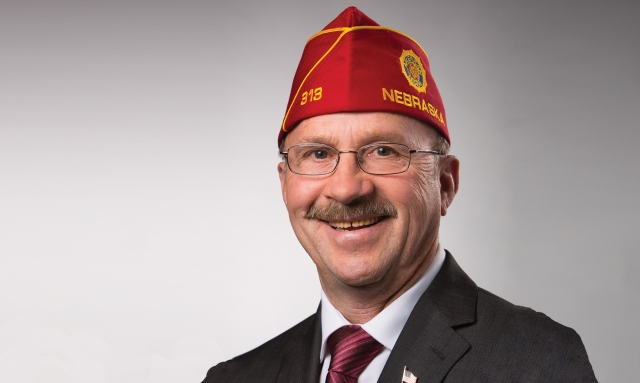
Our loyalty is to veterans first, and our obligation is to ensure that the federal government is fulfilling its duty to help them.
Henry Ford once said, “If everyone is moving forward together, then success takes care of itself.”
That’s how I look at The American Legion’s relationship with the Department of Veterans Affairs. We are stakeholders, watchdogs, advocates, patients, partners, volunteers, and, when necessary, critics. Our loyalty is to veterans first, and our obligation is to ensure that the federal government is fulfilling its duty to help them.
When the full extent of the VA scandals was revealed last spring, the Legion called for changes in top leadership and for needed reforms. We persuaded Congress and the White House to take urgent action or jeopardize a hard-won and fragile trust with America’s veterans.
As hard as the Legion has worked, the systemic problem caused by massive backlogs, cooked books and substandard care cannot be solved overnight. That is why I am so proud of the success we have seen at our Veterans Crisis Command Centers (VCCCs), which were recently renamed Veterans Benefits Centers (VBCs).
The Legion’s initial crisis center opened June 9 in Phoenix, the epicenter of the VA scandals. Legion experts gathered at Post 1 and assisted nearly 600 veterans with system enrollment, outpatient appointments, benefit applications and appeals representation. The results over the five-day event were astounding.
Four veterans were granted 100 percent service-connected disability ratings on the spot, and one terminally ill veteran received a Chapter 35 benefit that will help his dependents pay for college. Another veteran – helped by the Legion – discovered he was eligible for $60,000 in retroactive disability compensation.
Similar results followed at VCCCs in other communities, including Fayetteville, N.C.; El Paso, Texas; Fort Collins, Colo.; St. Louis; Baltimore; Shinnston, W.Va.; Charlotte, N.C.; Honolulu; Harlingen, Texas; and White City and Medford, Ore.
By the end of September, the Legion had helped more than 3,000 veterans at these events and obtained nearly $1 million in on-the-spot retroactive benefits. In just a short period of time, these events have produced life-changing results for thousands.
Our work in Washington is important, but local communities are where we witness firsthand the fruits of our efforts.
Ralph Bozella, chairman of The American Legion’s Veterans Affairs & Rehabilitation Commission, recently explained the evolution of the Veterans Crisis Command Centers to Veterans Benefits Centers this way: “By its very nature, a crisis can’t last forever. If it does, what’s the end result? A crisis has to end, and the scandal that took place from the spring up until late summer is over. But we’ve learned so much from that. We want to continue to offer the service to veterans because of
the environment we create: the environment of friendliness, the environment that we are here, in fact, to help. We cannot do it alone. We have to work together.”
I couldn’t agree more.
- Magazine

